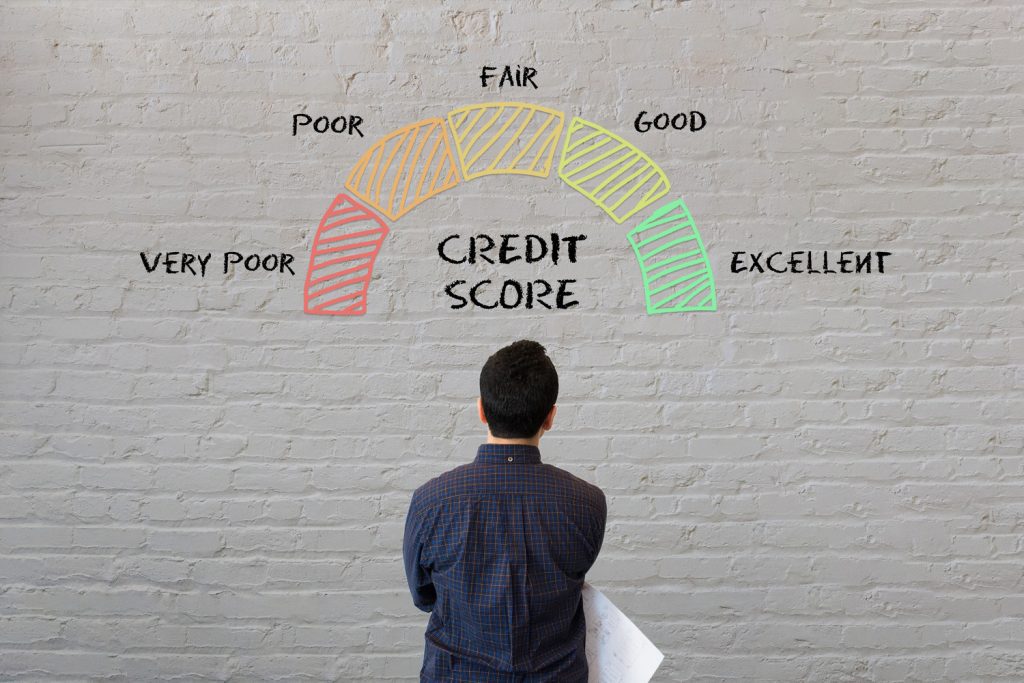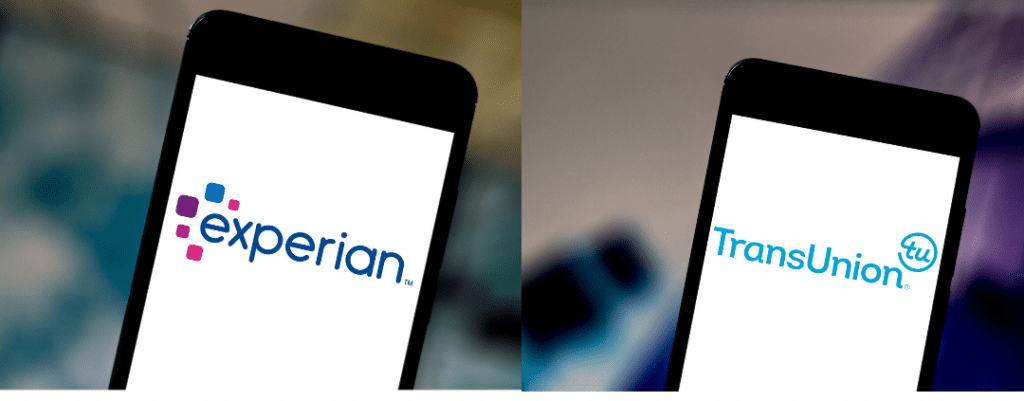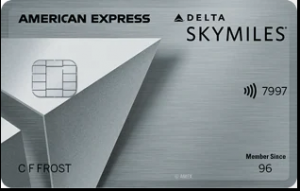Table Of Content
What Experian And Transunion Do?
Experian and TransUnion are two of the three major credit reporting agencies in the United States. These companies collect and maintain credit information about individuals and businesses, which is used to create credit reports that lenders and other entities use to make decisions about creditworthiness.
The main services provided by Experian and TransUnion include:
Credit reports: Both Experian and TransUnion provide credit reports that detail an individual's credit history, including their payment history, credit utilization, and any derogatory marks.
Credit monitoring: Both companies offer credit monitoring services that notify individuals of changes to their credit reports, including new accounts, credit inquiries, and other activity that could indicate fraud or identity theft.
Identity theft protection: Experian and TransUnion both offer identity theft protection services that monitor credit reports for signs of fraud and provide assistance in resolving identity theft issues.
- Credit Lock: Consumers can lock and unlock their credit report as needed by Experian CreditLock, and can also receive alerts if someone attempts to access their credit report while it is locked. TransUnion Credit Lock Plus allows consumers to lock and unlock their credit report to protect against unauthorized access.
Business credit solutions: TransUnion and Experian offer credit solutions for businesses, including credit monitoring, risk management, and credit decisioning services. TransUnion and Experian use data analytics to provide businesses with insights into customer behavior and credit risk, helping businesses make more informed decisions and improve their operations.
Overall, Experian and TransUnion play an important role in the credit industry by providing information and tools that help individuals and businesses make informed credit decisions.

How Experian And Transunion Affect FICO And VantageScore?
Experian and TransUnion play a critical role in the calculation of both FICO and VantageScore credit scores. The credit information they provide to these scoring models includes payment history, credit utilization, length of credit history, new credit inquiries, and other factors that impact creditworthiness.
Therefore, any changes to the credit information reported by Experian and TransUnion can affect an individual's FICO and VantageScore credit scores.
FICO scores are calculated using credit information from all three credit reporting agencies: Experian, TransUnion, and Equifax. The credit scores provided by each of these agencies may differ slightly, depending on the credit information they have on file. FICO scores range from 300 to 850, with higher scores indicating better creditworthiness.
Similarly, VantageScore is a credit scoring model developed jointly by the three major credit reporting agencies, including Experian and TransUnion. VantageScore ranges from 300 to 850, with higher scores indicating better creditworthiness.
Sign Up for
Our Newsletter
and special member-only perks.
Sign Up for
Our Newsletter
and special member-only perks.
Experian: Main Features For Consumers
Experian offers a variety of services for consumers, including:
-
Experian Boost
Experian Boost is a free credit-building program. It allows consumers to include their monthly utility and telecommunications payments (such as phone, internet, and cable bills) into their credit report, which can potentially help improve their credit score.
Including these recurring payments in your credit history can show lenders and credit scoring models that you're consistently making payments, which could help improve your credit score. Experian Boost is available to anyone with a valid U.S. credit report and can be accessed through the Experian website or mobile app.
-
Experian Go
If you're among the millions of people with no credit history, getting started can feel impossible. That's where Experian Go comes in. This innovative program empowers you to create your own credit report, giving you the tools to break free from the vicious cycle of credit denial.
Experian Go works by recognizing the bills you're already paying, and offering suggestions on how to leverage them to build credit. After signing up and verifying your identity, you'll answer a few questions about your bills, income, and spending habits. From there, Experian will guide you towards a personalized plan for credit building success.
-
IdentityWorks
Experian IdentityWorks is a suite of identity protection services. The service is designed to help consumers protect their personal information and monitor for signs of identity theft.
IdentityWorks offers a range of features including credit monitoring, identity theft insurance, identity restoration support, and dark web surveillance. Customers can also receive alerts for changes to their credit report, as well as notifications if their personal information is found on the dark web.
There are two levels of IdentityWorks available: IdentityWorks Plus and IdentityWorks Premium. IdentityWorks Plus offers basic identity protection services, while IdentityWorks Premium includes additional features such as three-bureau credit monitoring and annual credit reports.
Transunion: Main Features For Consumers
Here are some unique features that TransUnion offers for consumers:
-
TransUnion Credit Dispute
TransUnion Credit Dispute is a process that allows consumers to dispute inaccurate or incomplete information on their credit report with the credit reporting agency TransUnion.
If a consumer believes that there is an error on their TransUnion credit report, they can file a dispute through the TransUnion website or by mail. TransUnion will then investigate the dispute and work with the creditor or data furnisher to verify the accuracy of the information. If the information is found to be inaccurate or incomplete, TransUnion will update the consumer's credit report accordingly.
It's important to note that while TransUnion Credit Dispute can help correct errors on a consumer's credit report, it may not be able to remove accurate negative information, such as missed payments or delinquent accounts, from the report.
-
TransUnion CreditCompass
TransUnion CreditCompass is a free credit monitoring tool. The tool is designed to help consumers better understand their credit report and credit score, as well as provide personalized recommendations for improving their creditworthiness.
CreditCompass provides consumers with a personalized credit score analysis, which breaks down the factors that are contributing to their credit score and provides tips on how to improve it. The tool also offers personalized recommendations for credit products, such as credit cards and loans, based on the consumer's credit profile.
Top Offers From Our Partners
What Are The Differences For Consumers?
There are several differences between Experian and TransUnion when it comes to the credit services they offer to consumers:
Credit reports and scores: While both companies offer credit reports and scores to consumers, the information provided and the scoring models used may differ slightly between the two companies.
Pricing: Both Experian and TransUnion offer credit monitoring and identity theft protection, but the specific features and pricing may vary between the two companies. Experian IdentityWorks Premium cost $24.99 per month, while the Subscription price is $29.95 per month for TransUnion Credit Protection.
Experian Boost vs. CreditCompass: Experian offers unique features such as Experian Boost, which allows individuals to add utility and phone bill payments to their credit report, potentially increasing their credit score. TransUnion offers unique features such as CreditCompass, which provides personalized recommendations on how to improve an individual's credit score.
VantageScore vs. FICO scores: While both companies offer credit scores, only Experian provides FICO scores, which are widely used by lenders to evaluate creditworthiness. The credit scores provided by TransUnion are based on the VantageScore® 3.0 model.
Free credit reports: TransUnion offers a free credit report to consumers once per year through AnnualCreditReport.com, while Experian also provides a free credit report and score through their website.
Overall, the differences between Experian and TransUnion for consumers may be relatively minor, but it's important for consumers to understand the specific services and features offered by each company to make informed decisions about their credit.

Why Is My Transunion Score Lower Than Experian?
There are several reasons why your TransUnion credit score may be lower than your Experian credit score:
Different scoring models: TransUnion and Experian use different credit scoring models to calculate credit scores, which may result in different scores. TransUnion uses the VantageScore model, while Experian uses the FICO scoring model. These models use different algorithms and weighting of factors, which can result in different scores.
Different credit report information: TransUnion and Experian may have different information on your credit report, which can affect your credit score. For example, if one credit bureau has more recent or accurate information than the other, it may result in a different credit score.
Different credit utilization: If you have different levels of credit utilization on your credit accounts, it can affect your credit score. Credit utilization is the amount of credit you're using compared to your credit limit. If you're using more credit on one account with TransUnion than on an account reported to Experian, this can affect your credit score.
Timing of credit report updates: If one credit bureau updates their credit report information more frequently than the other, it can result in different credit scores. For example, if you recently paid off a credit card balance, but the information hasn't been updated on your TransUnion credit report yet, your credit score may be lower with TransUnion than Experian.
Overall, differences in credit scores between TransUnion and Experian can be due to a variety of factors, including different scoring models, credit report information, credit utilization, and timing of credit report updates.
Which Credit Score Matters More?
Both credit scores from TransUnion and Experian are important and can be used by lenders to evaluate an individual's creditworthiness. However, there is no one credit score that matters more than the other, as different lenders may use different credit scores and credit reporting agencies to evaluate credit risk.
The FICO score is the most commonly used credit scoring model by lenders to assess creditworthiness. However, some lenders also use other models like VantageScore. Additionally, lenders may consider a combination of factors, including credit scores, income, employment history, and debt-to-income ratio, when making credit decisions.
Why You Should Monitor Your Credit Report?
There are several important reasons why you should monitor your credit report on a regular basis:
Detect errors and inaccuracies: Monitoring your credit report can help you detect errors and inaccuracies, such as incorrect personal information, accounts that don't belong to you, or inaccurate payment history. If you identify errors, you can take steps to correct them, which can improve your credit score and prevent problems down the line.
Prevent identity theft: Monitoring your credit report can also help you detect signs of identity theft, such as new accounts opened in your name or unauthorized credit inquiries. If you detect suspicious activity, you can take action to prevent further damage and protect your credit and identity.
Improve credit score: Monitoring your credit report can help you keep track of your credit score and identify areas for improvement. By understanding the factors that affect your credit score, such as credit utilization, payment history, and length of credit history, you can take steps to improve your score over time.
Overall, monitoring your credit report is an important step in protecting your credit and financial well-being. By staying informed and taking action as needed, you can improve your credit score, prevent identity theft, and prepare for major purchases.
Sign Up for
Our Newsletter
and special member-only perks.
Sign Up for
Our Newsletter
and special member-only perks.
FAQs
Where else can I get a free credit score?
You can get a free credit score from various sources, such as Amex MyCredit Guide, Credit Journey from Chase or Capital One CreditWise.
What is TransUnion credit score used for?
TransUnion credit score is used by lenders, landlords, employers, and other entities to evaluate an individual's creditworthiness and financial history. It's also used by individuals to monitor their credit health and identify areas for improvement.
Is TransUnion accurate?
TransUnion strives to provide accurate credit information to its customers, but there may be errors or inaccuracies in credit reports from time to time. It's important for individuals to monitor their credit reports regularly and dispute any errors or inaccuracies to maintain an accurate credit score.
How to check Experian credit score?
You can check your Experian credit score by visiting the Experian website and signing up for a free account.
Does checking Experian affect credit score?
Checking your Experian credit score yourself does not affect your credit score. This is considered a “soft” inquiry and does not impact your credit score. However, if a lender or creditor checks your credit score, it can have a temporary negative impact on your credit score.
How often does Experian update your credit score?
Experian updates credit scores and credit reports on a daily basis as new information is reported by lenders and creditors. However, it may take several weeks or months for changes to be reflected in your credit score or credit report, depending on when the information is reported and processed by Experian.



